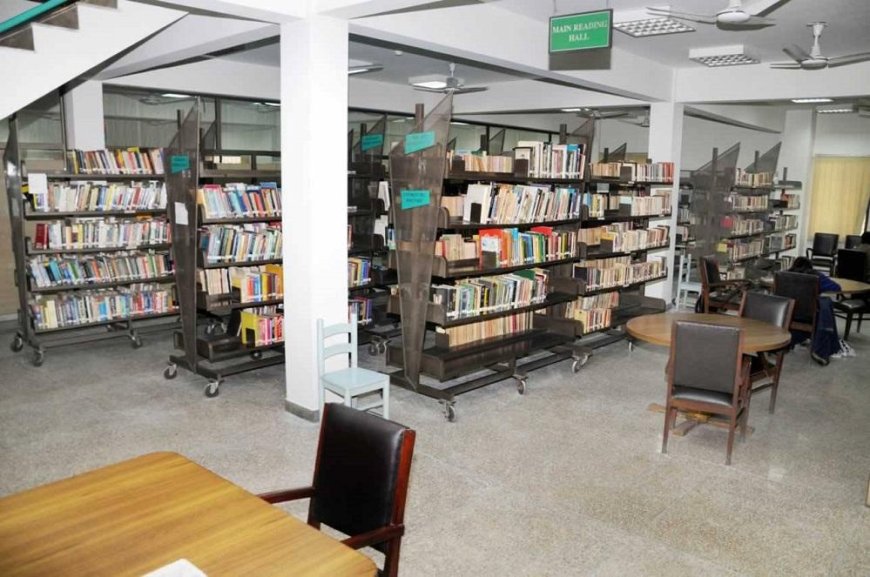The origin and development of public libraries
segments of a society. Some libraries also offer after-school reading or story-telling services. origin and development of public libraries.

Public libraries are non-profit and are maintained for use by the public. These libraries are funded by the governments and are a good source of providing general information. Another plus point of public libraries is that they are accessible to all segments of a society. Some libraries also offer after-school reading or story-telling services. origin and development of public libraries.
Libraries were established by ancient Romans and people from Middle East and it was not until 18th century that the trend reached in America and Europe. Philanthropists such as Benjamin Franklin and Andrew Carnegie donated for setting up public libraries in Europe and America with the idea of conveying knowledge to the poor.
Must Read: The role of the norms in the classroom
Previously, it was printed books that were available in libraries however, currently we can also find e-books, audiobooks, DVDs and videos on educational topics in such libraries. Libraries now have taken the role of active educational agents as well as social and economic agents. Libraries have played the role of cultural, social and informational institutions.
Wijentunge, (2000) asserts that learning is not a luxury any more in present times rather it is essential for our survival. In order to expand literacy among general public we need reading and writing materials and public libraries offer those materials at almost no cost.
They are a source of unstructured, informal education for the society at large. With as much focus on learning and gaining skills as in formal education, libraries have opportunities to enhance skills and knowledge through informal education.
